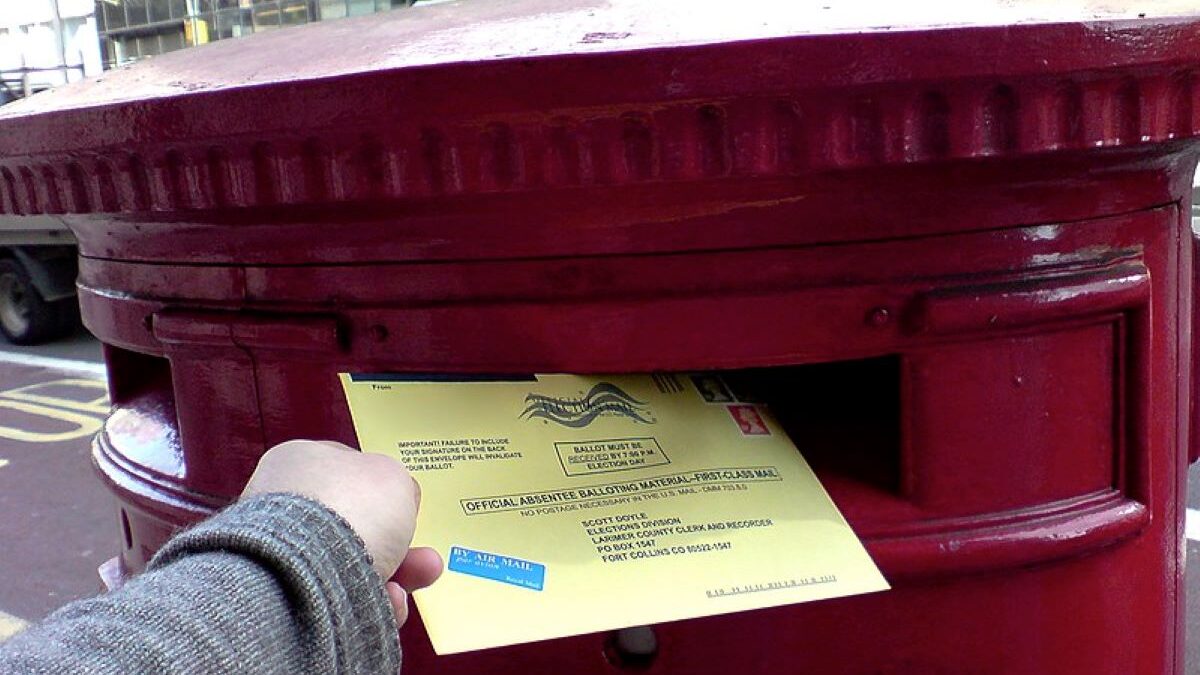
In a major win for election integrity, a district court judge dismissed a lawsuit on Monday filed by leftist groups falsely claiming Florida’s voter registration process violates federal law.
Writing for the U.S. District Court for the Northern District of Florida, Judge Allen Winsor granted a motion to dismiss Democrats’ case contending Florida’s requirement that residents provide an original or “wet” signature when registering to vote violates provisions of the Civil Rights Act. Under Florida law, state residents are mandated to provide “either an original signature or a digital signature that the Department of Highway Safety transmitted” when registering to vote. As noted by the court, the signature signifies an affirmation by each registrant that the information he or she provided is factually correct.
Defendants in the case included Florida Secretary of State Cord Byrd and Florida’s 67 supervisors of elections. Meanwhile, the Republican National Committee and Pasco County GOP intervened on behalf of said defendants and RITE PAC, an election integrity group, submitted a brief pushing back against a filing from the Biden Department of Justice.
As The Federalist previously reported, the DOJ filed a “statement of interest” earlier this year urging the court to dismiss the interveners’ motion to dismiss.
In his Monday ruling, Winsor specifically noted how the plaintiffs — which included left-wing organizations such as Vote.org and the NAACP — failed to provide evidence “showing that the wet-signature requirement is immaterial.”
“Plaintiffs’ entire premise is that a copied, faxed, or otherwise non-original signature is equal in stature to an original, wet signature. But we know this not to be so,” Winsor wrote. “It is true that times are changing and that electronic signatures are acceptable in situations they once were not. … But the acceptance of electronic signatures in certain circumstances does not render the wet signature requirement immaterial in this circumstance.”
At the center of Democrats’ arguments is the false claim that the “wet” signature requirement violated the “materiality provision” of the 1964 Civil Rights Act and, therefore, disenfranchised voters. As noted by the court, Congress originally enacted that provision to combat barriers (e.g., literacy tests) instituted by state and local governments to disenfranchise potential black voters. During a previous interview with The Federalist, RITE President Derek Lyons described how leftist lawyers are currently abusing the provision by using it as a “tool to get into federal court to try and dismantle state election laws.”
“The Civil Rights Act does many things, but it obviously does not ban the simple act of signing your voter registration, which is what the activists are alleging as part of a nationwide effort to degrade the integrity of our elections,” RITE PAC Vice President May Mailman said in a statement. “RITE PAC will continue to defend democratically enacted election laws because American citizens deserve elections run by law, not well-financed plaintiffs.”
Winsor has given plaintiffs 14 days to file a response explaining why the court “should not dismiss claims against all Defendants and enter final judgment.”





